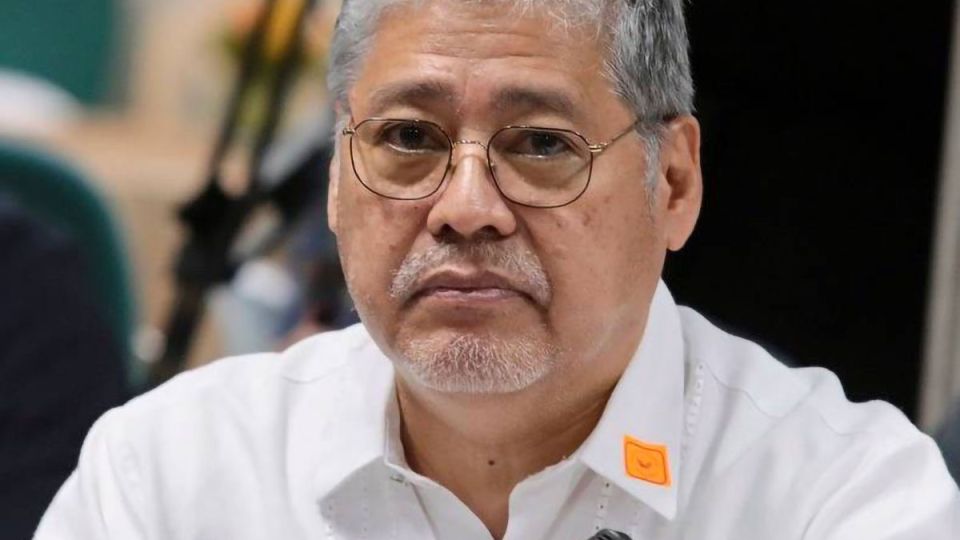May 24, 2024
MANILA – Foreign Secretary Enrique Manalo said other countries should also oppose China’s illegal order that authorized its coast guard to detain, for up to 60 days without trial, what it considers foreign “trespassers” in waters being claimed by Beijing.
According to Manalo, the order has no legal basis yet affects not only the Philippines, which has an active maritime dispute with China, but also other countries with vessels plying the South China Sea, a strategic and resource-rich waterway which China claims almost entirely to be part of its territory.
“The President has been very clear that that announcement by China is unacceptable and in my view has no legal basis,” Manalo told reporters in an interview on Wednesday.
“What’s even more worrying is that it doesn’t only affect the Philippines; it will affect every country in the world, theoretically. I really don’t see the legal basis of that. It’s certainly a worrying announcement,” he added.
China responded by conducting its own maritime drills.
Recent flare-ups
Beijing announced the new regulation last week amid reescalating tensions between the Philippines and China, the latest flare-ups caused by the China Coast Guard’s harassment of Philippine vessels bringing supplies to a military outpost at Ayungin (Second Thomas)Shoal and Filipino fishermen around Bajo de Masinloc (or Panatag Shoal).
Both reefs lie within the country’s 370-kilometer (200- nautical-mile) exclusive economic zone (EEZ) but are being claimed by China despite the 2016 ruling by a United Nations-backed arbitral court that invalidated its sweeping claims.
“They could make the announcement but we don’t recognize it. There’s no legal basis,” Manalo said, referring to the order.
“This is an issue which goes beyond just the Philippines because their announcement was general. So I hope other countries will also speak up for this,” the country’s top diplomat added.
Aside from the Philippines and China, Brunei, Malaysia, Vietnam and Taiwan have overlapping claims in the South China Sea.
As a bloc, the 10-member Association of Southeast Asian Nations (Asean) has been trying for years to negotiate with China a code of conduct in the South China Sea to prevent full-blown conflict.
In an unprecedented show of force and solidarity last month, the Philippines, United States, Japan and Australia conducted joint drills in the West Philippine Sea (the South China Sea area largely corresponding to the Philippine EEZ) to assert freedom of navigation and overflight.


